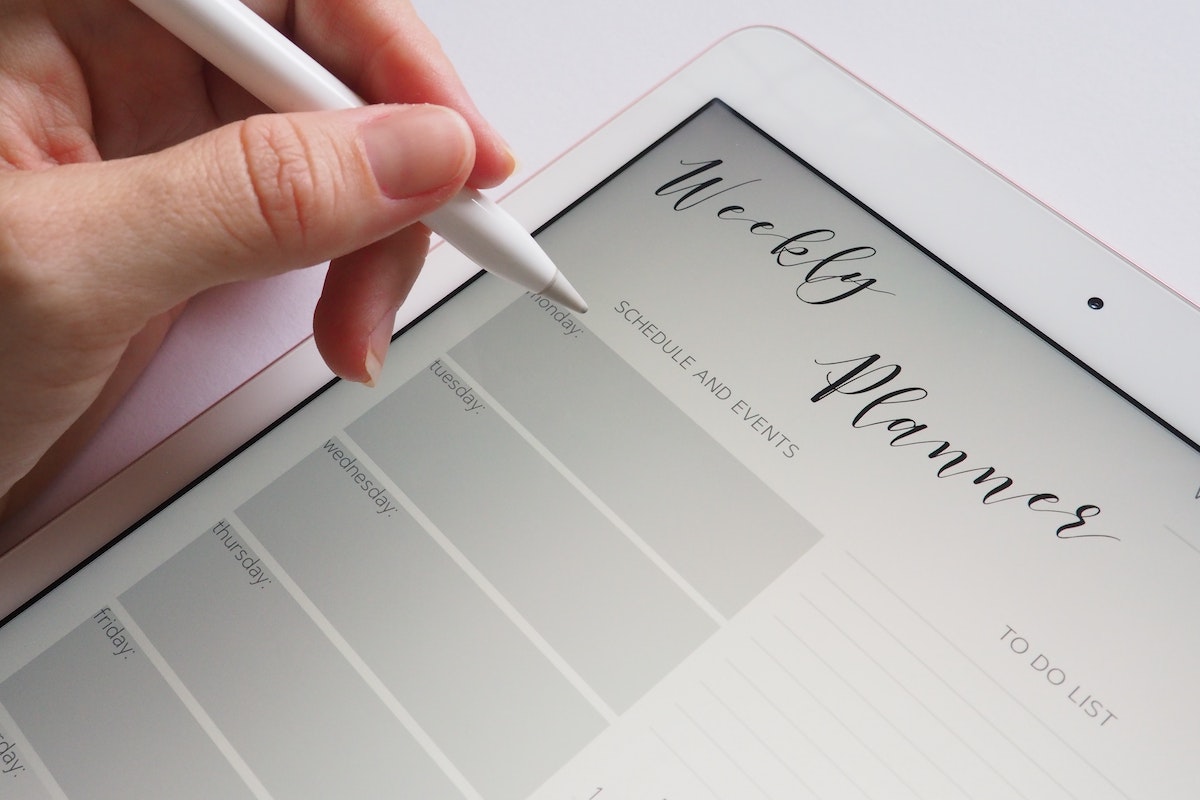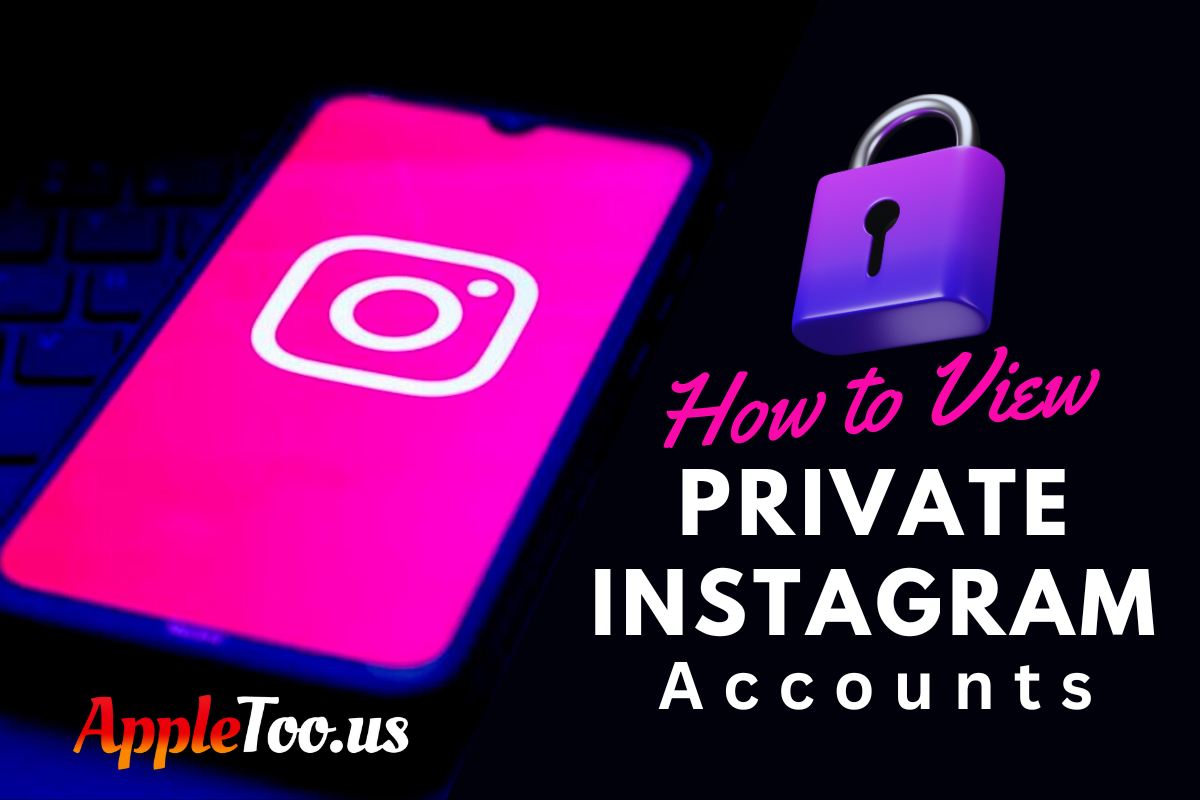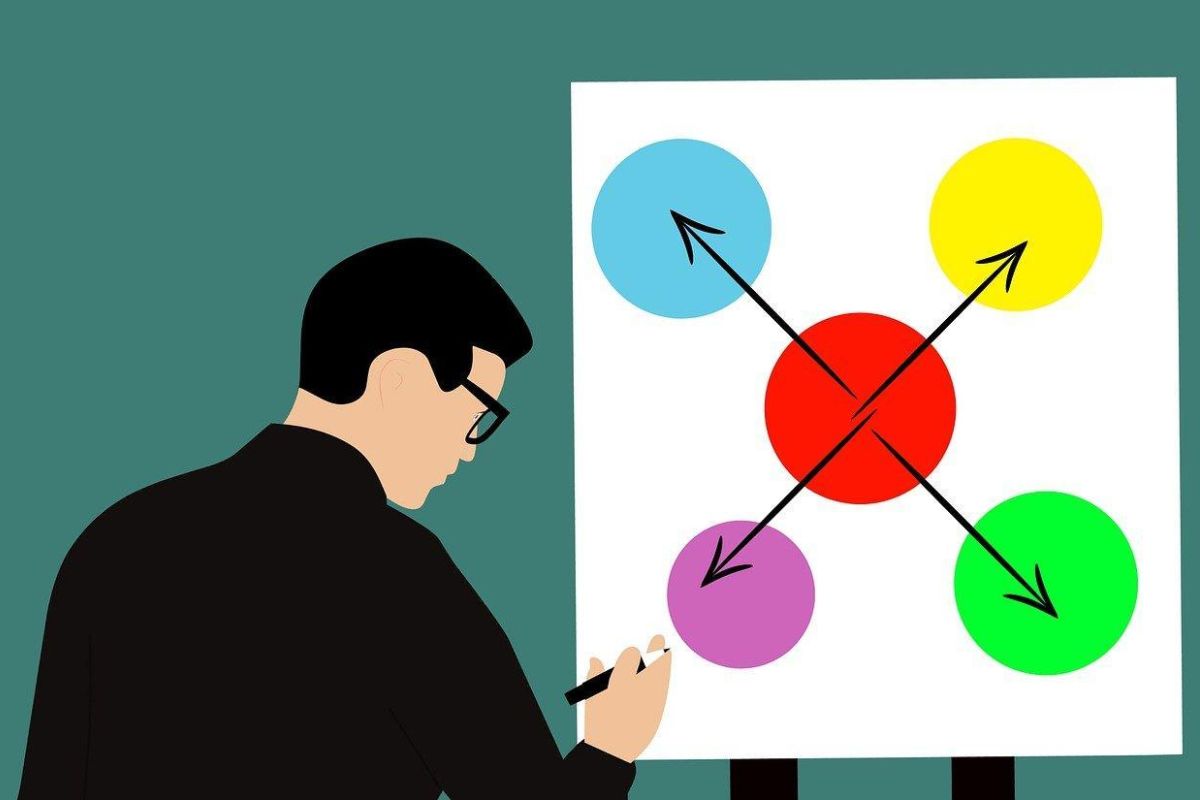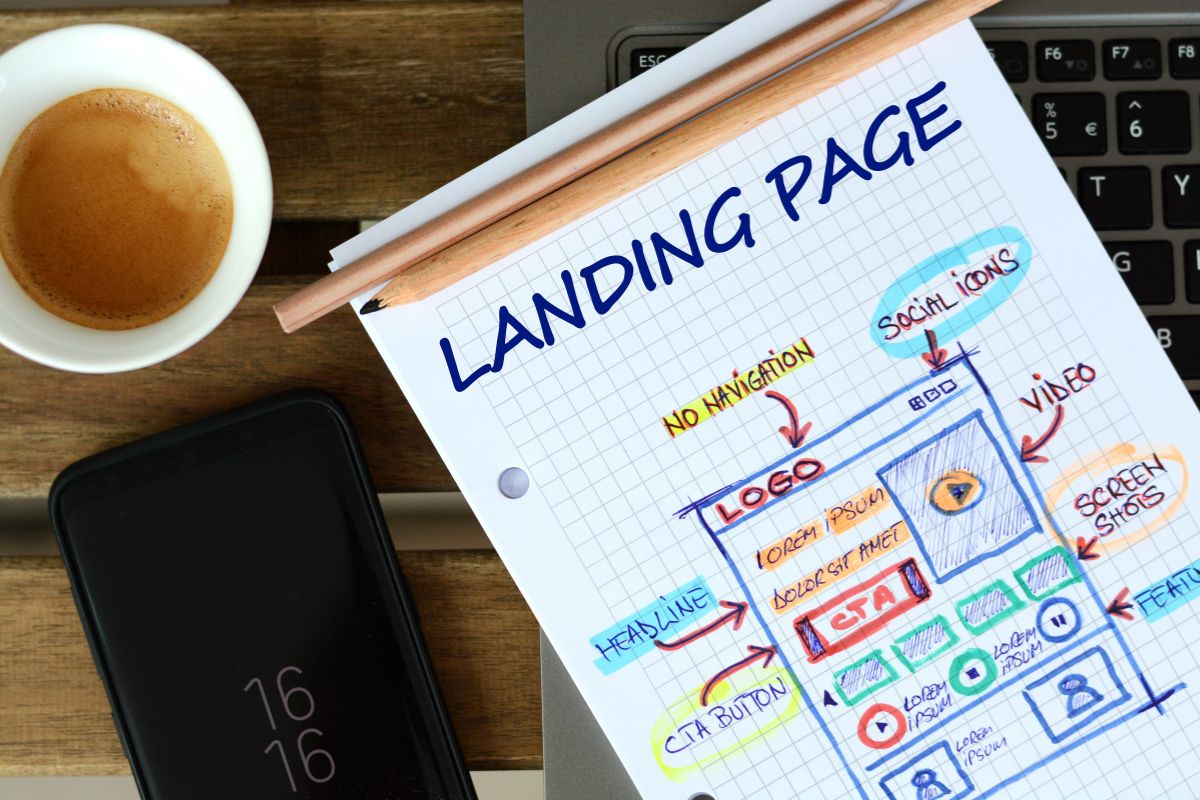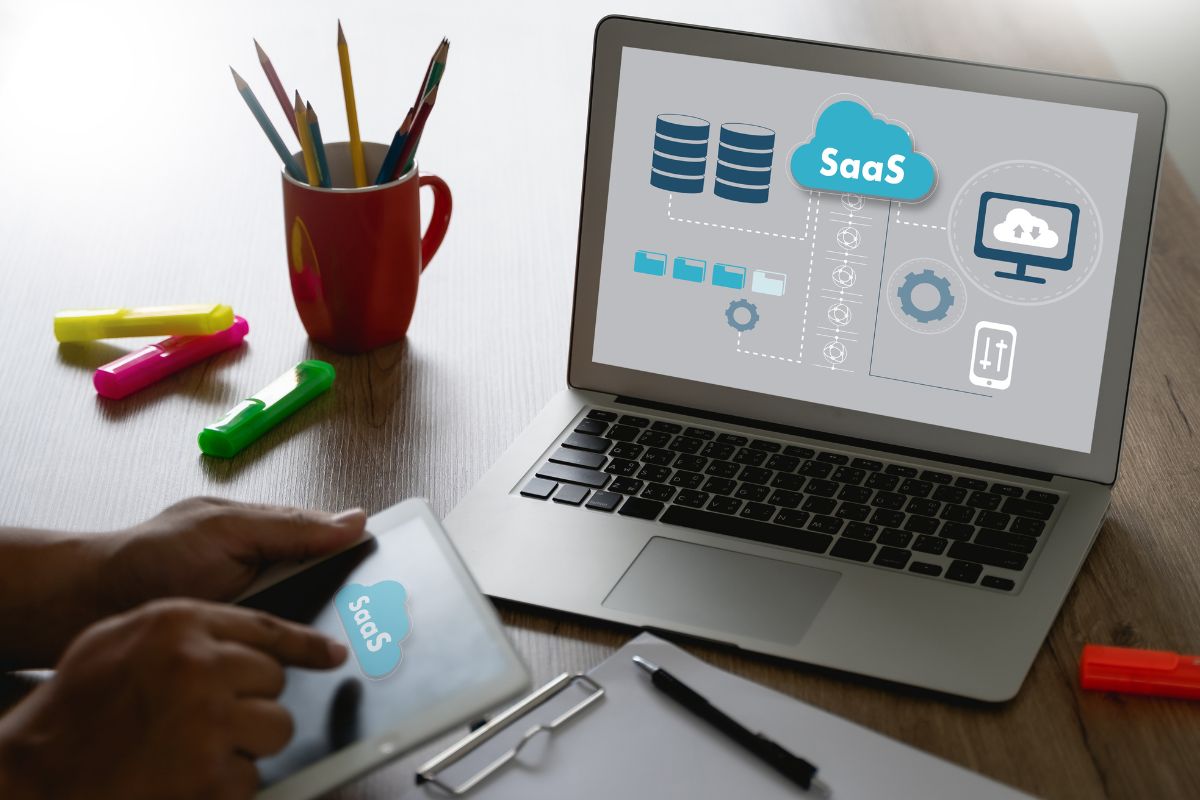Deciding between an iPad and a laptop can be a challenging task.
The iPad vs laptop dilemma is a common one, as both devices offer unique advantages and cater to different user preferences.
Whether you prioritize portability, versatility, or specific software requirements, understanding the distinctions between an iPad and a laptop is crucial.
In this article, we will explore the key factors to consider in the iPad vs laptop debate, helping you make an informed decision that aligns with your individual needs.
On one hand, iPads are highly versatile and portable devices that are great for on-the-go use.
They have a touch screen and can be used with a stylus, making them ideal for tasks such as drawing, note-taking, and browsing the internet.
iPads also have a longer battery life compared to laptops, which can be a major advantage for those who need to use their device for extended periods of time without access to a power source.
On the other hand, laptops offer more power and functionality than iPads.
They have larger screens, physical keyboards, and are better suited for tasks such as video editing, programming, and gaming.
Laptops also have more storage space and can run full desktop applications, which is not possible on iPads.
However, laptops are generally heavier and less portable than iPads, which can be a drawback for those who need to use their device on-the-go.
Table of Contents
ToggleDesign And Portability
When it comes to design and portability, the iPad and laptop have their own unique features and benefits.
The iPad is known for its sleek and lightweight design, making it incredibly portable.
Its slim profile and compact size make it easy to carry around and use on-the-go.
Additionally, the iPad’s touchscreen interface allows for a more intuitive and interactive experience.
On the other hand, laptops are generally bulkier and heavier than iPads.
However, they often come with more powerful hardware and additional features, such as a built-in keyboard and touchpad.
Some laptops also have the option to detach the screen or fold it back to use as a tablet, offering a versatile design.
One of the major advantages of the iPad is its compatibility with the Magic Keyboard and Apple Pencil.
The Magic Keyboard provides a full-sized keyboard and trackpad, allowing for a more traditional laptop-like experience.
The Apple Pencil, on the other hand, offers a unique and precise way to interact with the iPad’s touchscreen interface, making it a great tool for artists and designers.
Overall, the iPad’s design and portability make it a great option for those who need a device that is easy to carry around and use on-the-go.
However, those who need a more powerful device with a built-in keyboard and touchpad may prefer a laptop.
Performance And Functionality
Processor and Specs
The iPad Pro and some laptops like the MacBook Air come equipped with the M1 chip, which provides top-notch CPU performance.
While the iPad Pro has a lower RAM capacity compared to some laptops, it makes up for it with its optimized iOS apps that provide a smooth and efficient user experience.
Software And UI
The iPad operates on iOS, which has a simple and easy-to-use interface that is optimized for touch input.
Laptops, on the other hand, operate on desktop operating systems like Windows or MacOS, which offer more advanced features but can be more complex to navigate.
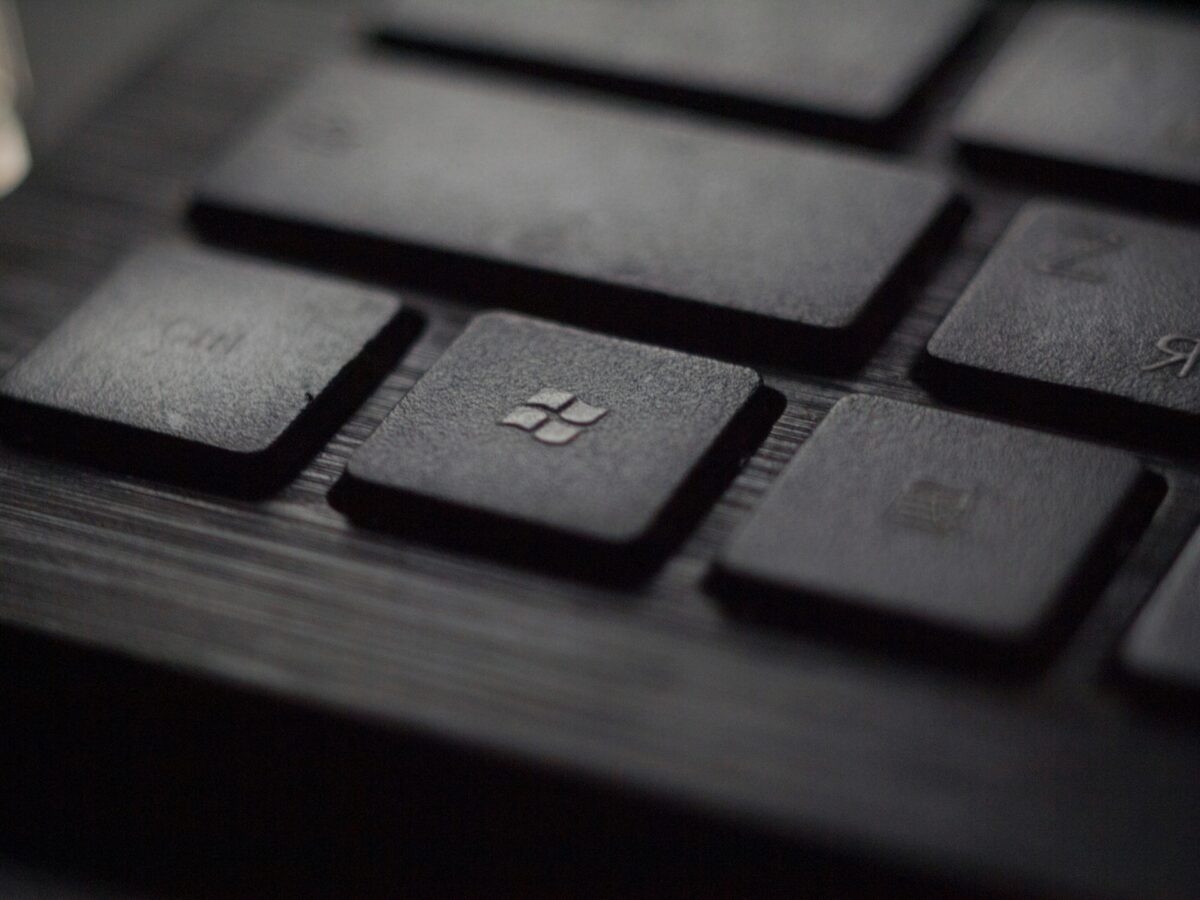
Battery Life
The iPad Pro boasts an impressive battery life of up to 10 hours, making it ideal for on-the-go use.
Laptops, on the other hand, can vary in battery life depending on the model and usage.
Gaming And Entertainment
The iPad Pro’s high refresh rate and optimized iOS apps make it a great device for gaming and entertainment.
It also has a USB-C port that allows for easy connection to external displays.
Laptops, on the other hand, often have a wider range of ports and a trackpad for easy navigation.
Overall, the iPad and laptops offer different performance and functionality depending on the user’s needs.
The iPad Pro is a great choice for those who prioritize portability, touch input, and optimized iOS apps, while laptops offer more advanced features and a wider range of ports.
Price And Budget
When it comes to choosing between an iPad and a laptop, price and budget are important factors to consider.
While both devices can be expensive, there are some key differences in pricing that may impact your decision.
iPads tend to be more expensive than laptops, especially if you opt for the higher-end models with larger storage capacities and cellular capabilities.
For example, an 11-inch iPad Pro with 256GB of storage and no cellular capabilities retails for $899 USD, while a 13-inch MacBook Air with 256GB of storage starts at $999 USD.
However, it’s important to note that laptops also come in a wide range of prices depending on the brand, model, and specifications.
You can find budget laptops for as low as $200 USD, while high-end gaming laptops can cost upwards of $3,000 USD.
When deciding between an iPad and a laptop, it’s important to consider your budget and what you need the device for.
If you’re looking for a device primarily for entertainment and basic productivity tasks, an iPad may be a more affordable option.
However, if you need a device for more demanding tasks such as video editing or gaming, a laptop may be a better investment.
Another factor to consider is the cost of accessories.
While iPads are often marketed as all-in-one devices, you may need to purchase additional accessories such as a keyboard or Apple Pencil to get the most out of your device.
Laptops, on the other hand, typically come with a built-in keyboard and trackpad.
In summary, price and budget are important factors to consider when choosing between an iPad and a laptop.
While iPads tend to be more expensive, laptops come in a wide range of prices and may be a better investment for certain tasks.
Additionally, it’s important to consider the cost of accessories when comparing the two devices.
iPad Vs Laptop: Key Differences
When it comes to choosing between an iPad and a laptop, there are several key differences that should be considered.
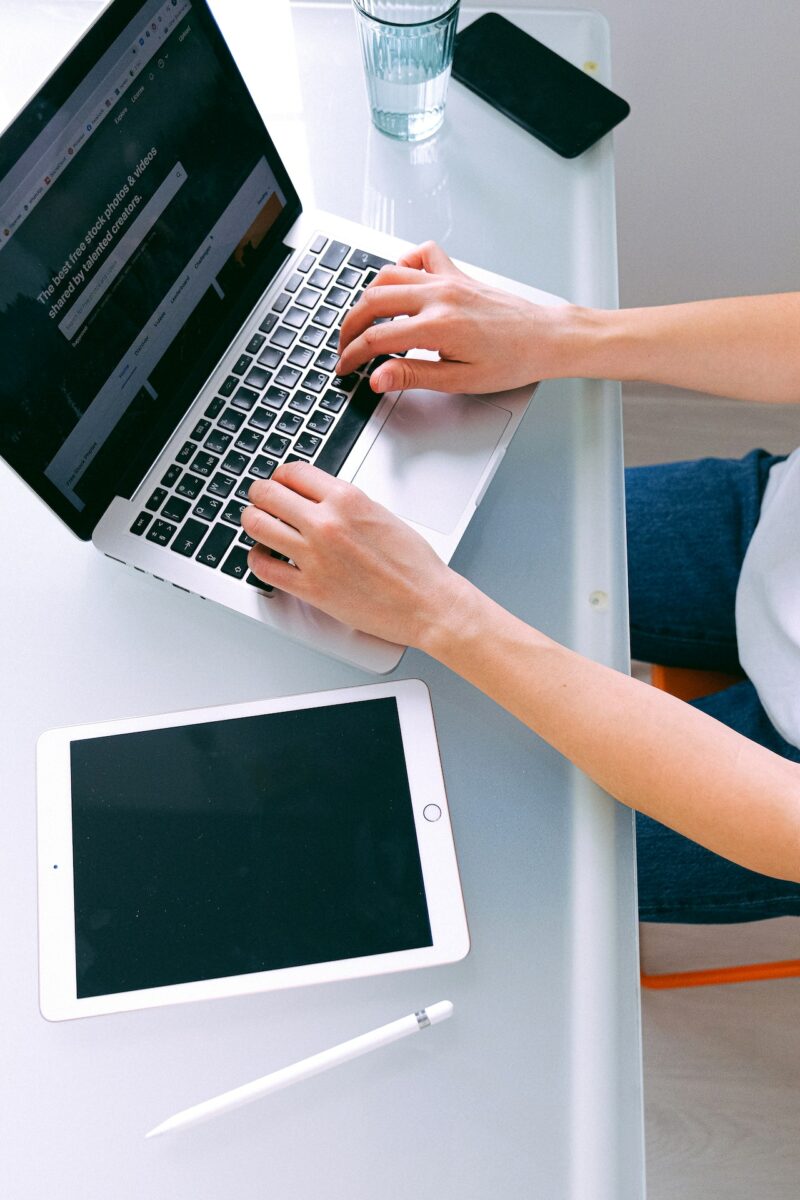
Here are some of the most important ones:
Operating System:
One of the most significant differences between iPads and laptops is the operating system.
iPads run on iOS or iPadOS, which is a mobile operating system designed specifically for Apple’s tablets.
Laptops, on the other hand, run on a full-fledged operating system such as Windows, MacOS, or Linux.
This means that laptops are capable of running more powerful applications and software than iPads.
Hardware:
Another major difference between iPads and laptops is the hardware.
iPads are designed to be lightweight and portable, with a focus on touch-based input and a long battery life.
Laptops, on the other hand, are more powerful and versatile, with larger screens, physical keyboards, and more storage space.
Software:
Because iPads run on a mobile operating system, they are limited in terms of the software they can run.
While there are many apps available for iPads, they may not be as powerful or feature-rich as the software available for laptops.
Laptops, on the other hand, can run a wide variety of software, including professional-grade applications for video editing, graphic design, and more.
Price:
When it comes to price, iPads are generally less expensive than laptops.
However, this can vary depending on the specific model and configuration.
While there are some high-end iPads that can be quite expensive, there are also many affordable options available.
Laptops, on the other hand, can range from budget-friendly options to high-end models that cost thousands of dollars.
Portability:
One of the biggest advantages of iPads is their portability.
They are lightweight and easy to carry around, making them ideal for use on the go.
Laptops, on the other hand, are bulkier and heavier, making them less portable than iPads.
Overall, the choice between an iPad and a laptop depends on your specific needs and preferences.
If you need a powerful computer for professional work, a laptop may be the better choice.
However, if you value portability and ease of use, an iPad may be the way to go.
Key Takeaways
When it comes to choosing between an iPad and a laptop, there are a few key takeaways to consider.
Here’s what you need to know:
Portability
One of the biggest advantages of an iPad is its portability.
iPads are typically smaller and lighter than laptops, making them easier to carry around.
They’re also great for on-the-go use, whether you’re traveling or just moving from room to room.
Versatility
While laptops are generally more powerful than iPads, iPads are more versatile.
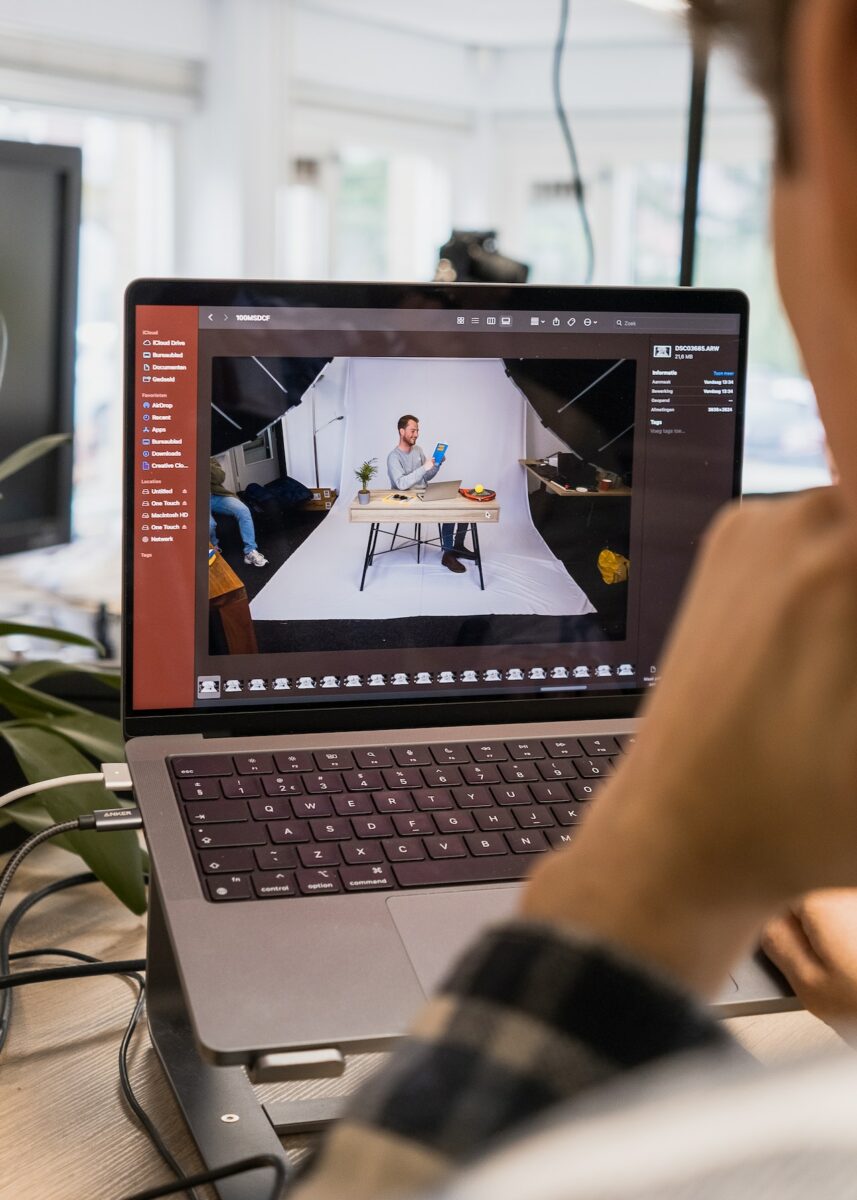
They’re great for browsing the web, checking email, and streaming video.
Plus, with the right apps, you can use an iPad for everything from drawing to music production.
Comparison
When comparing iPads and laptops, it’s important to consider what you’ll be using the device for.
If you need a device for work or school, a laptop is probably the better choice.
Laptops offer more power and more storage, making them better for tasks like video editing, programming, and gaming.
Best Laptop
If you do decide to go with a laptop, there are a few things to keep in mind.
Look for a laptop with a good processor, plenty of RAM, and a solid-state drive (SSD) for fast storage.
Consider the size and weight of the laptop, as well as the battery life.
iPad
If you’re considering an iPad, think about what you’ll be using it for.
If you’re looking for a device for entertainment and casual use, an iPad is a great choice.
Look for an iPad with a good display and plenty of storage.
In the end, the choice between an iPad and a laptop comes down to your specific needs.
Consider what you’ll be using the device for, and choose the one that best fits your lifestyle.


